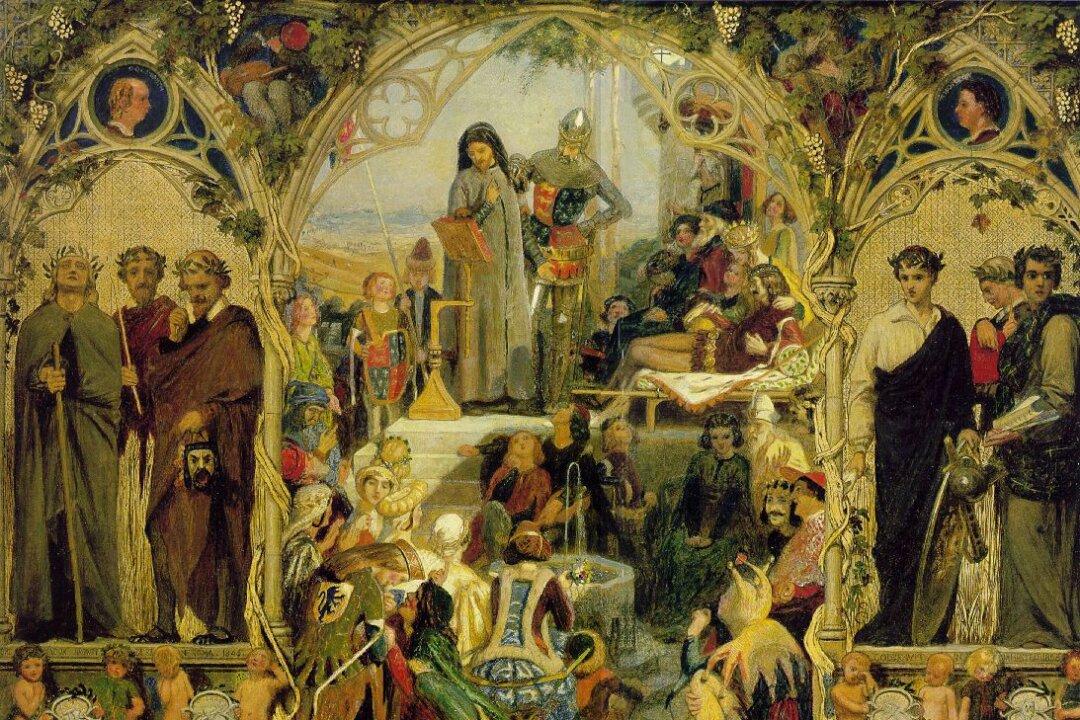It was in an Epoch Times newsroom, in July 2012, where my fellow reporter Joshua Philipp and I lamented the state of poetry today. We both had literary backgrounds and had separately come to the very same conclusion: Really good poetry just didn’t have a place to call home anymore.
By “really good poetry,” I am referring to well-written classical poetry, or what is sometimes called formal or traditional poetry. This is poetry written in the vein of Shakespeare, Milton, Wordsworth, Longfellow, and Frost.






